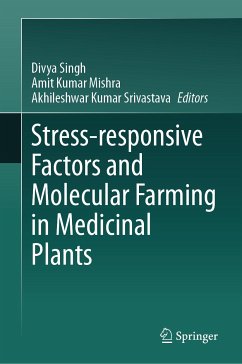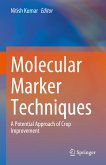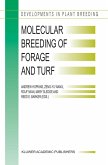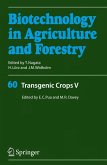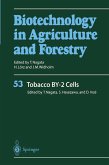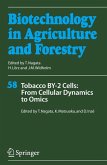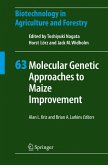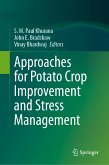This contributed volume brings out a comprehensive collection of changes from cellular to molecular levels in medicinal plants under extreme environments. The focus of this book is to address the molecular changes in medicinal plants under different abiotic stresses. Medicinal plants are regarded as rich resources of components that can be used for drug development in the pharmaceutical industry. A few medicinal plants are considered vital sources of nutrients and solicited for their therapeutic properties. Therefore, it is essential to understand medicinal plants' interaction under abiotic stresses as compounds obtained from these plants play an important role in human health. This book is of interest to students, teachers, researchers, scientists, medicinal plant experts, and policymakers. Also, the book provides study material for undergraduate and graduate students of botany, environmental sciences, medicinal and aromatic plants, biochemistry, and biotechnology. National and international scientists working in the area of medicinal plants, drug development, and policymakers will also find this a useful read
Dieser Download kann aus rechtlichen Gründen nur mit Rechnungsadresse in A, B, BG, CY, CZ, D, DK, EW, E, FIN, F, GR, HR, H, IRL, I, LT, L, LR, M, NL, PL, P, R, S, SLO, SK ausgeliefert werden.

